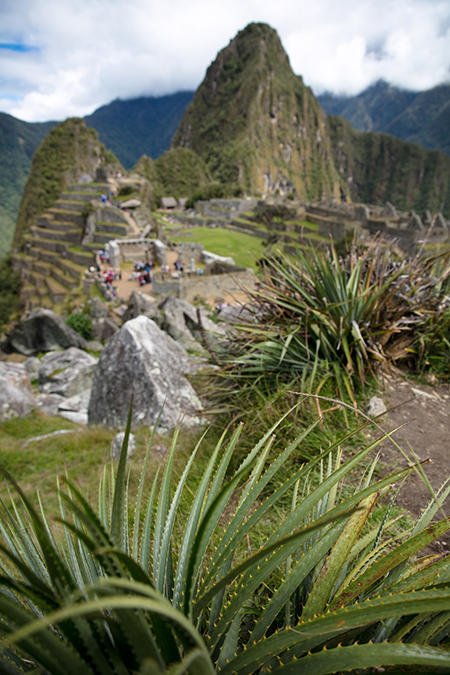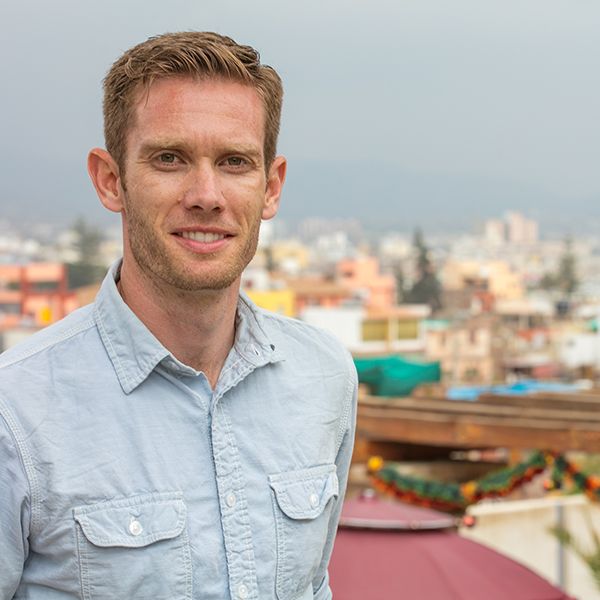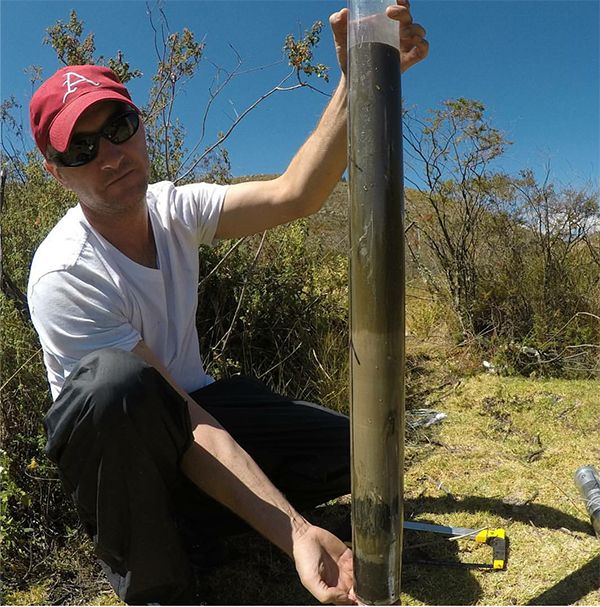Honors Passport: Peru 2020

Honors Passport: Peru
December 29, 2019 – January 11, 2020
Apply now on the Hogs Abroad site
Priority deadline: September 20, 2019
Regular Deadline: October 1, 2019
Honors College Study Abroad Grant funding available
Join us on thrilling adventures in Peru, including experiences at the ruins of Machu
Picchu, the floating islands of Uros on Lake Titicaca, the ceremonial complex at Pachacamac,
and the former Inca Temple of the Sun, now a Dominican monastery.
In these and other locales we will explore indigenous ways of belonging, believing,
and expressing during Peru’s prehistory and history, up to our present moment. We
will examine how architecture, painting, textiles, and literature reflect the region’s
unique colonial experiences under Inca and Spanish rule. In examples ranging from
colonial art and architecture to modern tourism, we’ll see how indigenous cultures
shaped syncretic beliefs, refashioned themselves in contexts of coercion and oppression,
and reasserted new identities that blend the ancient with the contemporary.
More than an overview of Peru, this course provides paradigms for interpreting indigenous
ways of being in eras of profound change. This course is open to all students of diverse
majors in the Honors College. From mathematics in the ancient Andean quipus to the architectural forms of the Andean hybrid baroque to issues of public health
in the Puno region, students will find topics that connect to their chosen fields
of study.
The best way to experience the humanities is in context – when you breathe the air,
see the sights, and walk the paths of those you are studying.
-- Brock DeMark, 2017 participant in Honors Passport: Peru
What's in it for you:
- Develop an understanding of the complex hybridity of Peruvian cultures
- Experience Machu Picchu, one of the Seven Wonders of the World
- Stay the night with a family of the Amantaní community on an island in the middle of Lake Titicaca
- Refine your research and communication skills as you prepare a presentation about a site, object, or historical figure encountered on our trip
What's expected of you:
- Travel from 29 December 2019 to 11 January 2020
- Pre-trip preparation for 10-15 minute presentation during the trip
- Post-trip observation paper
- Active engagement in all lectures, discussions, and site visits
Course Credit:
Honors Passport: Peru counts as three hours of honors credit in ONE of the following courses:
- History: HIST 3923H
- Art History: ARHS 3923H
- Humanities Colloquia: HUMN 3923H
About your professors:
 Shawn Michael Austin (B.A., Brigham Young University-Idaho 2006; M.A./Ph.D. University of New Mexico 2014)
joined the history department’s faculty at the University of Arkansas in 2015. Dr.
Austin is an historian of colonial Latin America, with research interests in the social
lives of indigenous peoples, African slaves, and women in South America. His current
book project, Colonial Kinship: Guaraní, Spaniards, and Africans in Paraguay, demonstrates that modified forms of Guaraní kinship was the primary mechanism Spaniards
used to established a colonial presence in Paraguay. In his teaching Dr. Austin emphasizes
a variety of topics in Latin American history: conquest; colonization; the emergence
of modernity; women, gender, and sexuality; and the Cold War. He directed the first Honors
Passport Peru course in January 2017.
Shawn Michael Austin (B.A., Brigham Young University-Idaho 2006; M.A./Ph.D. University of New Mexico 2014)
joined the history department’s faculty at the University of Arkansas in 2015. Dr.
Austin is an historian of colonial Latin America, with research interests in the social
lives of indigenous peoples, African slaves, and women in South America. His current
book project, Colonial Kinship: Guaraní, Spaniards, and Africans in Paraguay, demonstrates that modified forms of Guaraní kinship was the primary mechanism Spaniards
used to established a colonial presence in Paraguay. In his teaching Dr. Austin emphasizes
a variety of topics in Latin American history: conquest; colonization; the emergence
of modernity; women, gender, and sexuality; and the Cold War. He directed the first Honors
Passport Peru course in January 2017.
 Benjamin Vining (B.A., Colgate University 1998; M.A./Ph.D. Boston University 2011) is an assistant
professor in the Department of Anthropology at the University of Arkansas. Dr. Vining
is an archaeologist and paleoenvironmental scientist who focuses on understanding
how environmental changes and climate intersect with changing cultural strategies
in the ancient Andes. He has worked in both southern and northern Peru since 2002
on the Tiwanaku and Moche archaeological cultures, in particular examining how economic
strategies changed with climatic variation. Dr. Vining’s teaching emphasizes human-environmental
interactions, documenting paleoclimates that impacted past societies, and geospatial
archaeological methods.
Benjamin Vining (B.A., Colgate University 1998; M.A./Ph.D. Boston University 2011) is an assistant
professor in the Department of Anthropology at the University of Arkansas. Dr. Vining
is an archaeologist and paleoenvironmental scientist who focuses on understanding
how environmental changes and climate intersect with changing cultural strategies
in the ancient Andes. He has worked in both southern and northern Peru since 2002
on the Tiwanaku and Moche archaeological cultures, in particular examining how economic
strategies changed with climatic variation. Dr. Vining’s teaching emphasizes human-environmental
interactions, documenting paleoclimates that impacted past societies, and geospatial
archaeological methods.